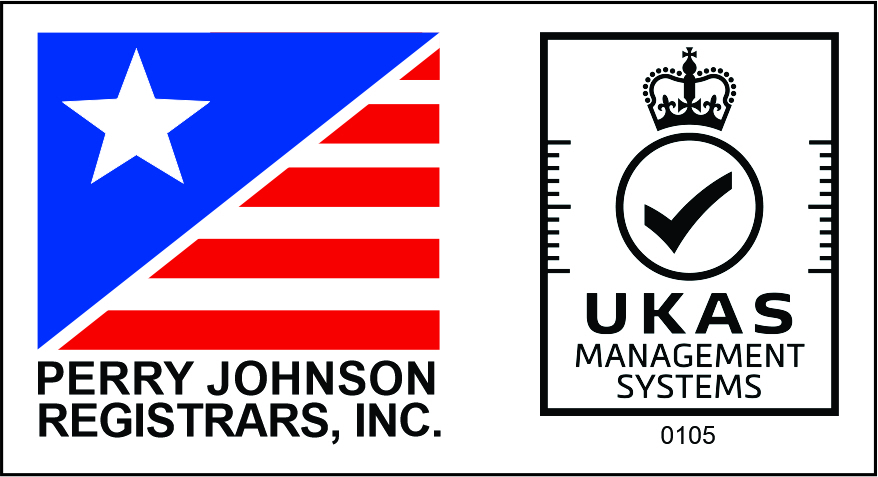Knowledge HubTM
What is content filtering and why is it important for businesses?
- Date Posted:
- Read time: 2 min read
- Written by: Exa Networks
We all know how unsafe the internet can be and how easy it is to stumble across something we would rather we hadn’t. Not only can this be a safeguarding issue, but accessing unsuitable or potentially harmful material can also make your network vulnerable to malware attacks.
Having a content filtering system in place allows you to control what can be accessed online on your organisation’s computers. It blocks content that is deemed inappropriate, offensive or even harmful whilst still allowing acceptable material to be viewed.
Content filtering works by applying specific parameters to content retrieved via the internet, restricting access to certain material on websites or in emails. It can be a hardware or software solution and can often be part of a firewall.
How much control do you have?
Some content filtering systems have more limited functions than others and may just provide a blanket ban across the entire network. Whilst this may be useful initially it can be restrictive and present issues further down the line.
More comprehensive filtering services provide you with granular control over the content people are allowed to view. Not only will it block content based on keywords, you will be able to group users, giving them different levels of access to online content. It may also provide you with category based filtering and deter employees from distracting sites such as social media, gaming, gambling and inappropriate sexual content.
You can also create a default set of filtering rules for external devices that connect to your network. This means that guest users cannot access restricted or inappropriate material using a device they have brought on to your premises.

Why is content filtering important for businesses?
While often overlooked, content filtering is a highly important service for any business. Essentially, it allows you to control the online content that those using your network and internet connection can access.
It is good practice to have an internet or technology usage policy in your contracts of employment. This should not only set out your rules regarding personal web browsing, it should also demonstrate your company’s intolerance to unsavoury, illegal and negative material. It is the company’s responsibility to ensure it is doing everything reasonable to protect employees from harmful content, as well as helping prevent them from accidentally exposing themselves to content which could result in unfair dismissal.
Content filtering in the workplace is vital for improving cybersecurity, maximising productivity, mitigating risk and avoiding liability. It can be deployed across a variety of content channels including web, files and email. It will screen the content and assess it against the predetermined rules that you have set, allowing acceptable content to be viewed and blocking anything that is inappropriate.





